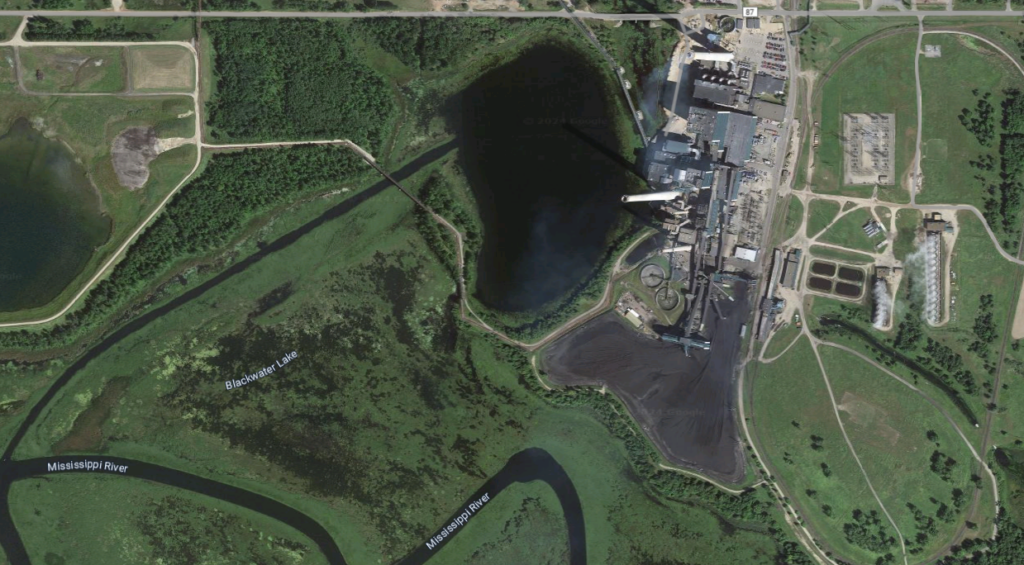UPDATE – Boswell wastewater spill 5.5 million gallons?
July 20th, 2024
Hot off the press from KAXE:
Minnesota Power ups wastewater spill estimate to 5.5M gallons
Early test results show elevated sulfate levels in water, threatening Blackwater Lake’s abundant wild rice. Minnesota Pollution Control Agency continues to oversee mitigation.
MPCA said it hired an environmental contractor to conduct independent monitoring and sampling.
+++++++++++++++++++++++++++++++++++++++
Hot off the press, an update from Minnesota Power, and CORRECTION, it does include “5.5 million gallons” in its press release:

Leave a Reply